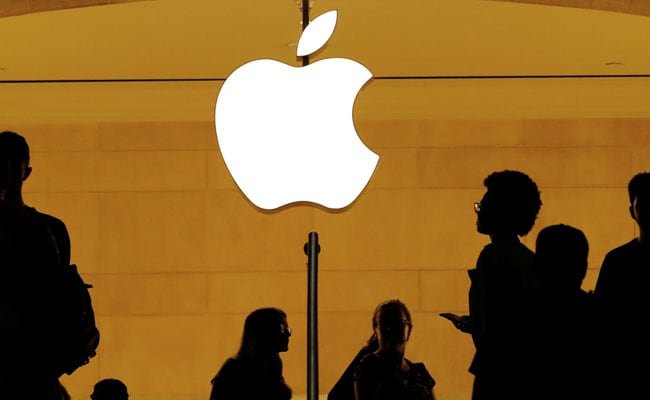
Apple hacking: A parliamentary panel may summon Apple Inc officials (Representational)
New Delhi:
A parliamentary panel on information technology is likely to summon Apple Inc officials over the iPhone notifications row, sources said today. The controversy was triggered yesterday by opposition leaders alleging they received alerts from Apple indicating their devices could have been the targets of state-sponsored attacks.
The issue will be raised in the next meeting of the parliamentary standing committee on IT, sources said. The Opposition MPs are also likely to ask questions during the meeting, sources said.
Union Minister Rajeev Chandrasekhar had brushed off Opposition concerns about iPhone hacking yesterday.
“It is election season and people will pull all sorts of things from a hat,” he told NDTV in an exclusive interview. “Many people have got this notification in many countries,” Mr Chandrasekhar told NDTV, but seconded his boss Ashwini Vaishnaw’s comments about the need for an investigation.
Multiple opposition MPs, also including Congress leaders Pawan Khera and Shashi Tharoor, AIMIM chief Asaduddin Owaisi, and the Aam Aadmi Party’s Raghav Chadha, posted screenshots of messages and emails they received from Apple on X, formerly Twitter.
The centre has said it expects Apple to clarify several matters, including whether its devices were secure and why these “threat notifications” were sent to people in over 150 countries.
Mr Chandrasekhar in a post on X said Apple has repeatedly claimed their products are designed for privacy, but the centre will investigate the “threat notifications” and also Apple’s claim of being secure and making privacy-compliant devices.
Responding to the claims of hacking alert, Apple yesterday said it “does not attribute the notifications to any specific state-sponsored attacker”. The iPhone manufacturer also said “it is possible that some Apple threat notifications may be false alarms”.
In a brief statement drawn from its technical support page, Apple said “state-sponsored attackers tend to be very well-funded and sophisticated… detecting such attacks relies on threat intelligence signals that are often imperfect and incomplete.”
“It is possible some notifications may be false alarms or that some attacks are not detected,” the company said.




